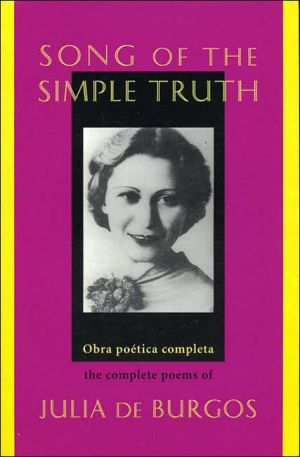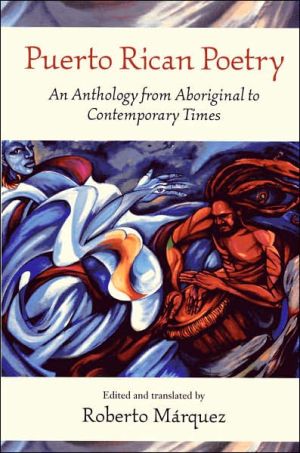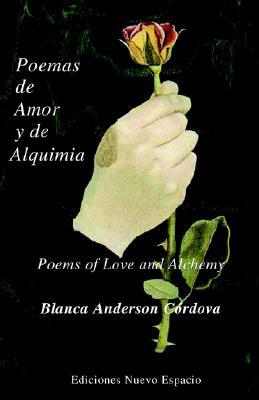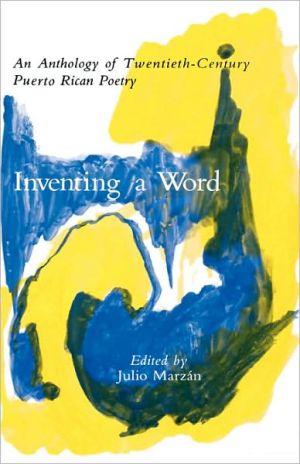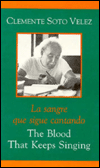Song of the Simple Truth: The Complete Poems of Julia de Burgos
From the Introduction\ One summery day in Puerto Rican East Harlem, I leaned on the sidewalk fence in front of the headquarters of the Association of Puerto Rican Postal Employees. The three story brick building on 109th Street near the corner of Lexington Avenue and its ample stoop were a favorite hang-out for our gang, the Senecas. Sometimes twelve or fifteen of us would sit all over the steps leading to the parlor floor entrance. The caretakers of the building were very tolerant of our...
Search in google:
From the IntroductionOne summery day in Puerto Rican East Harlem, I leaned on the sidewalk fence in front of the headquarters of the Association of Puerto Rican Postal Employees. The three story brick building on 109th Street near the corner of Lexington Avenue and its ample stoop were a favorite hang-out for our gang, the Senecas. Sometimes twelve or fifteen of us would sit all over the steps leading to the parlor floor entrance. The caretakers of the building were very tolerant of our congregating on their steps and did not normally chase us away. They knew us to be one of the peaceful gangs of East Harlem in those years when I was just a teen-ager—the 1950s.That particular day there was just myself and a man whose name I now forget—a street friend who frequently stopped to chat and tell us jokes. That day, standing in a hot sun, we were talking in the late afternoon. Suddenly, a group of four or five men came around the corner and with them there was a woman. The men were all ruddy and disheveled. They spoke and laughed loudly and you could see several pints of rum or wine among them. We assumed that they had just come from the liquor store on 110th Street and Lexington Avenue.In the midst of the five men there was a woman. A tall woman, as tall as the tallest man, and taller than several of them. As the animated band walked by, my friend straightened up and watched them intensely. When they had passed, he asked me, "Do you know who that woman was?" I said "no," expecting him to crack some joke. But he remained very serious and looking after the swaying chattering group said, "That was Julia de Burgos, Puerto Rico's most famous poet." Ilooked at him for signs that he was kidding, but he was dead serious. Then he looked at me and said "You have to be careful drinking."Then the conversation changed, and I forgot about Julia de Burgos until one day I was about to enter Central Park at the Pioneer's Gate on 110th Street, when I noticed off to the left of the lion-mouthed, horse-watering fountain, a group of men sitting and standing near one of the benches on Fifth Avenue outside the park. Sitting on the bench was Julia de Burgos. But I was too self conscious to stare, anPublishers WeeklyJulia de Burgos (1914-1953) looms larger than life in the literary psyche of Puerto Rico, yet, before the publication of this generous volume, only a handful of her works have appeared in the English language. Writing in the 1930s through the '50s, de Burgos was ahead of her time in grasping connections between history, the body, politics, love, self-negation and feminism that would later prove to be the foundations for writers like Rich and Plath. "Today, day of the dead, parade of shadows.../ Today, shadow among shadows, I delight in the desire/ to be Don Quijote, or Don Juan, or a bandit/ or an anarchist worker, or a great soldier." An activist, biographer and heralder of Puerto Rico's ideological landscape, de Burgos writes in an often Whitmanesque style: "Rio Grande de Loiza!...Elongate yourself in my spirit/ and let my soul lose itself in your rivulets...." Her voice is frequently harsh with pain or rebellion, especially in her love poems: "I will give you the truest note of my life./ You will give me the nothing of your lost hour." Because of the gender system of the Spanish language, the original texts reveal subtleties, such as whether a narrator is male or female, that are elusive in the translations, yet the translated poems stand as tall as de Burgos herself. The poet died alone and unidentified on a Harlem street, as she had foretold in "Poem for My Death": "To die with myself abandoned and alone,/ on the densest rock of a deserted island." This anthology, with an introduction by Agueros outlining the scant facts of de Burgos's life, has been long overdue. (Mar.)
\ Publishers Weekly - Publisher's Weekly\ Julia de Burgos 1914-1953 looms larger than life in the literary psyche of Puerto Rico, yet, before the publication of this generous volume, only a handful of her works have appeared in the English language. Writing in the 1930s through the '50s, de Burgos was ahead of her time in grasping connections between history, the body, politics, love, self-negation and feminism that would later prove to be the foundations for writers like Rich and Plath. "Today, day of the dead, parade of shadows.../ Today, shadow among shadows, I delight in the desire/ to be Don Quijote, or Don Juan, or a bandit/ or an anarchist worker, or a great soldier." An activist, biographer and heralder of Puerto Rico's ideological landscape, de Burgos writes in an often Whitmanesque style: "Rio Grande de Loiza!...Elongate yourself in my spirit/ and let my soul lose itself in your rivulets...." Her voice is frequently harsh with pain or rebellion, especially in her love poems: "I will give you the truest note of my life./ You will give me the nothing of your lost hour." Because of the gender system of the Spanish language, the original texts reveal subtleties, such as whether a narrator is male or female, that are elusive in the translations, yet the translated poems stand as tall as de Burgos herself. The poet died alone and unidentified on a Harlem street, as she had foretold in "Poem for My Death": "To die with myself abandoned and alone,/ on the densest rock of a deserted island." This anthology, with an introduction by Agueros outlining the scant facts of de Burgos's life, has been long overdue. Mar.\ \ \ \ \ Library JournalAlthough she published only two small books of verse in her lifetime, de Burgos 1914-53 has now attained almost legendary status in her native Puerto Rico. This bilingual edition marks the first time all her known poetic works have been compiled in one volume. The translations are accurate, but their order is problematic; because it is not strictly chronological, it is difficult for the reader not only to determine which poems emanate from which original collection but also which ones were originally unpublished. The 200 short poems speak for themselves: timeless themes of love, nature, solitude, and death connect with water images as seen in her paean to the Puerto Rican river, "Rio Grande de Loiza." Her occasional feminist sentiments make her even more attractive to contemporary audiences. Recommended for all poetry collections.-Lawrence Olszewski, OCLC Lib., Dublin, Ohio\ \
